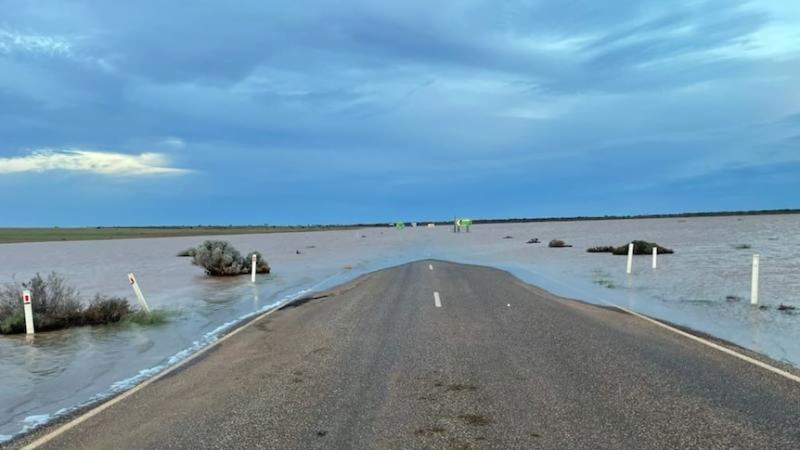The borders have not yet opened and Omicron is yet to properly arrive but toilet paper and other key supplies are again near impossible to find in Perth.
Supermarket shelves are being stripped bare as nervous sandgropers again stockpile amid news of a mystery Omicron case in Perth on Wednesday.
Shoppers at four supermarkets in Perth’s northern suburbs faced empty toilet paper and low stocks of tissues and paper hand towels by midday on Wednesday.
The low stock issues aren’t just linked to panic buying, however, with “COVID absenteeism” triggering food pile ups in east coast packing and processing facilities.
As much as 50 per cent of the logistics workforce have been hit by the virus.
Prime Minister Scott Morrison has convened an emergency meeting of National Cabinet on Thursday to address hold ups in NSW, Victorian and Queensland retail and distribution centres due to workers having to isolate because of COVID.
National Cabinet will consider relaxing isolation rules for transport and logistics sector workers.
The prime minister has held a series of emergency meetings with industry groups and unions after which he said the rapidly rising number of COVID cases across the country was having an obvious impact on supply networks and distribution chains.
“The challenge of COVID with escalating cases is keeping things moving. That’s what riding this wave of COVID means,” Mr Morrison said.
“With so many people getting COVID, that is clearly going to take more and more people out of the workforce.”
The discussions with industry also brought up whether essential services would need to mandate a booster shot for staff.
Despite strict one-packet buying limits on the essential toiletry items, two Perth Coles stores were largely wiped clean. Only a handful of single-roll homebrand packets and bamboo tissues remained on shelves.
By midday, one store had already rolled out a new pallet of 24-roll Quilton toilet tissue packets. A handful of shoppers patiently hovered by the aisle as staff restocked for first chance to secure the prized packs.
Coles has also slapped limits on select pain medication, with two packet per transaction restrictions on paracetamol, ibuprofen, aspirin.
There has been panic buying of painkillers after federal deputy chief health officer Professor Michael Kidd this week urged Australians to stock up on over-the-counter painkillers.
Vinegar, rice, flour, pasta, vitamins and electrolytes, selected canned food, cat food and litter were among the other popular grocery items were also flying off shelves.
Hand sanitisers and antibacterial air sprays were also a hot commodity.
Retail giants Coles and Woolworth say they’re monitoring the situation.
A Coles spokeswoman said the store’s temporary restrictions were in place to make sure all customers had access to the items when needed.
“We are seeing elevated demand in WA as customers see what’s happening in the eastern states,” a Coles spokeswoman said.
“Thankfully, we are in a really good position with meat because we have fantastic WA suppliers. We also have fantastic fresh produce suppliers in Perth.”
Woolworths have not placed limits on toilet paper or select pain medications even though its shelves are being stripped bare too.
“Customers have been shopping in reasonable quantities and are only buying what they need, so we don’t believe product limits are needed at this stage. We will continue to closely monitor product availability across our stores, with stock continuing to be sent to stores daily,” a Woolworths spokeswoman said.
“Supply chain challenges continue to impact stock levels across the country, as we experience delays with deliveries to our stores due to the impacts of COVID-19 and high rates of absenteeism.”
“We encourage customers to consider alternatives if their first choice of product is unavailable.”
The re-do of 2020’s doomsday shopping scenario hasn’t just stopped at grocery stores, with fast-food retailers menus decimated by supply woes.
KFC fans will be left having to lick their fingers as the the Colonel apologised for not being able to deliver favourite cuts of chicken.
The Australian Chicken Meat Federation on Tuesday estimated most major processors were operating with a reduction of up to 50 per cent of their required staff.
While there’s plenty of chickens on farm there’s just not enough people to process them.
Products that require most preparation or are the most labour intensive to produce, such as cut-up, de-boned, skinless, and value-added products have been avoided with simpler products such as whole chicken favoured.
Extracted from Perth Now


